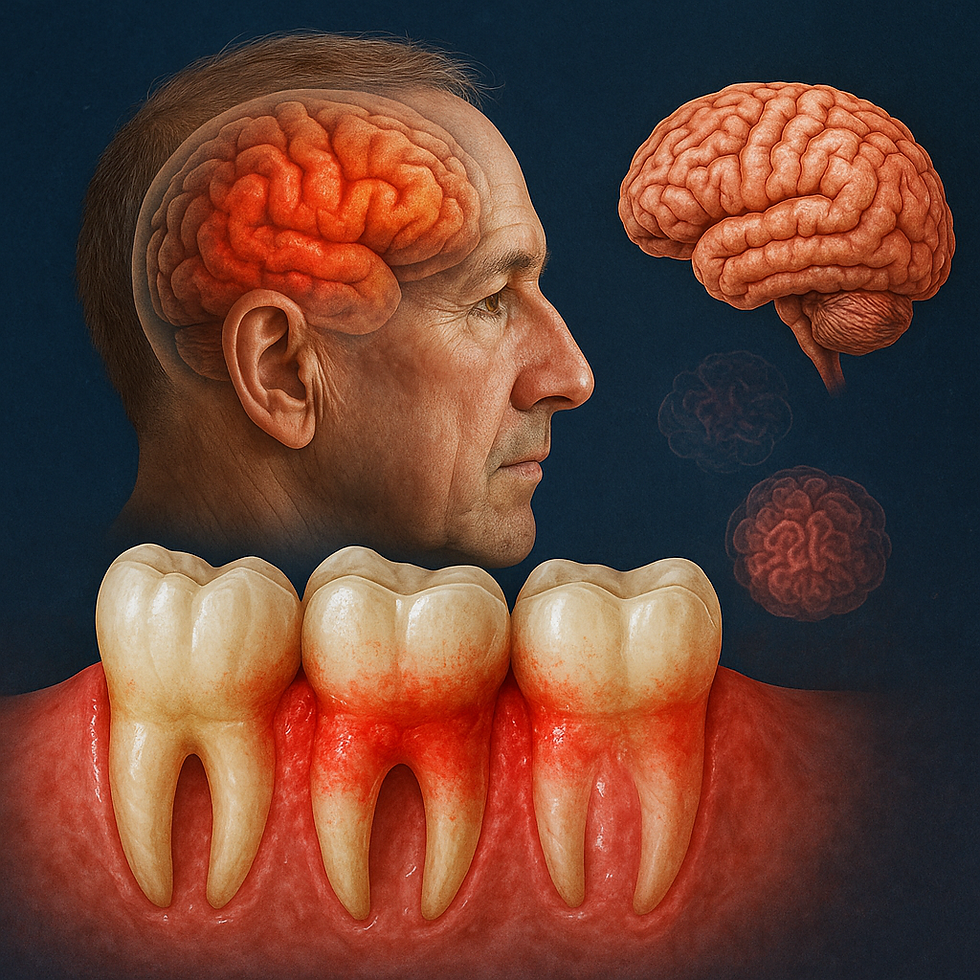Longevity Without the Hype: What Really Works for Long-Term Health
- alexfoxman
- Jul 29, 2025
- 2 min read

Why I’m Writing This
It’s frustrating to watch health advice on social media.Every day, I see people positioning themselves as “experts” without medical training—promoting longevity hacks, miracle supplements, and extreme routines.
The problem?
Much of it is misleading, oversimplified, or outright false.
As a double board-certified physician in Internal Medicine and Obesity Medicine, I’ve spent years focusing on health promotion, disease prevention, and evidence-based approaches to longevity. I know a thing or two about what truly works—and I can assure you, there are no secrets. Just consistent recommendations grounded in real science, not social media hype.
This blog is here to help you sift through the noise and focus on what’s actually backed by science—simple, daily habits and preventive care that really make a difference.
1. Prevention is the Real Fountain of Youth
Annual wellness visits aren’t just a formality. These check-ups:
Catch issues early (blood pressure, diabetes, cholesterol, cancers)
Provide updated vaccinations and screenings
Help track long-term health trends
Research shows that consistent preventive care increases healthy life expectancy.
2. Eat Like Your Life Depends on It—Because It Does
Forget detox teas or all-meat diets. Decades of evidence support:
Mediterranean-style eating: fruits, vegetables, whole grains, legumes, nuts, olive oil
Lean proteins: fish, poultry, plant-based proteins
Minimizing ultra-processed foods: high in added sugars, salt, and unhealthy fats
This dietary pattern is linked to lower risks of heart disease, cancer, and cognitive decline.
3. Motion is Medicine
You don’t need extreme workouts to see benefits.
150–300 minutes/week of moderate activity (brisk walking, cycling, swimming)
Strength training 2–3 times/week to preserve muscle and bone health
Even light daily movement significantly reduces chronic disease risk.
4. Muscle is the Engine of Longevity
As we age, muscle mass declines naturally—but resistance training can slow or reverse this.
Include bodyweight exercises, resistance bands, or weights
Combine with adequate protein intake (~1.0–1.6 g/kg body weight/day)
Stronger muscles mean better mobility, independence, and metabolism.
5. Sleep, Stress, and Social Ties: The Silent Longevity Boosters
Longevity isn’t just about the body.
Prioritize 7–9 hours of quality sleep
Practice stress management (mindfulness, breathing, hobbies)
Stay socially connected—close relationships are linked to longer, healthier lives.
6. Cut Out the Longevity Killers
Quit smoking completely
Limit alcohol (or avoid entirely)
Reduce exposure to toxins—from pollutants to poor indoor air quality
Replace harmful habits with healthier routines
Your Longevity Cheat Sheet
Habit | Why It Matters |
Annual Wellness Visit | Detects disease early, updates prevention plan |
Balanced Diet | Reduces cardiovascular, metabolic, and cancer risk |
Regular Physical Activity | Improves heart, lung, and metabolic health |
Strength Training | Preserves independence, function, and bone density |
Quality Sleep | Supports memory, hormone balance, and immunity |
Stress Management | Reduces inflammation, protects heart and brain health |
Social Engagement | Improves resilience, lowers depression risk |
Avoiding Harmful Habits | Extends life expectancy and quality |
Key Takeaway
Longevity isn’t achieved through expensive shortcuts or trendy supplements—it’s built on consistency.
The science is clear: small, sustainable lifestyle habits, maintained over decades, have the greatest impact on lifespan and quality of life.
If you’d like to learn more about evidence-based health and prevention strategies, visit www.bhinstitute.com.




Comments